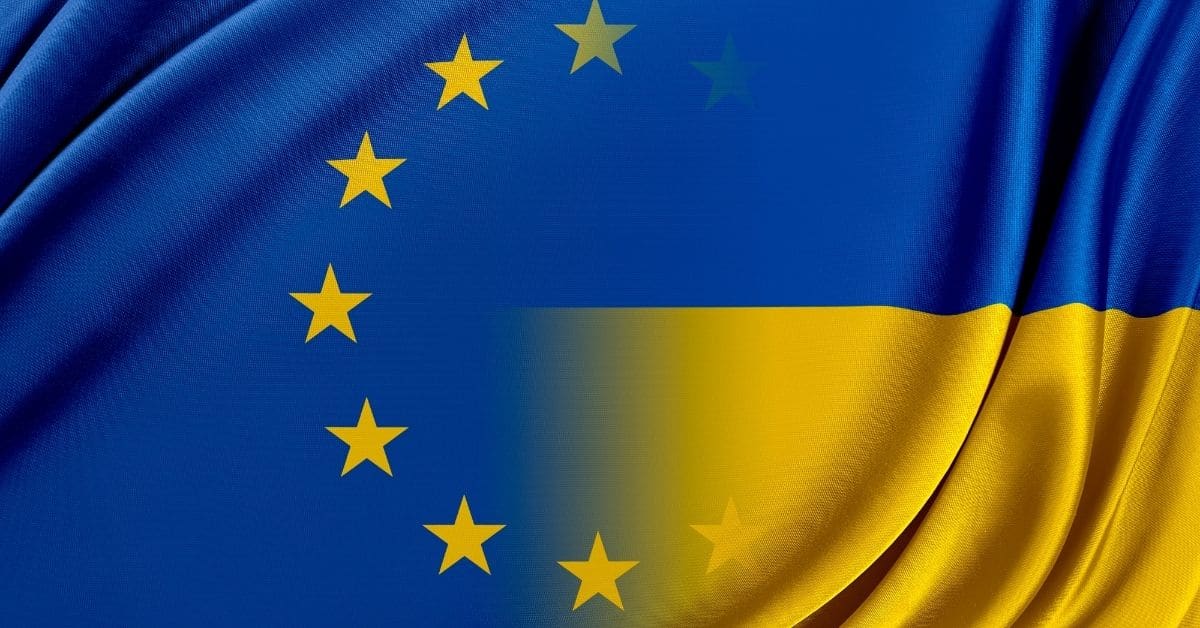
Introduction
A new Temporary Framework which is called “Temporary Crisis Framework” [TCF] to distinguish it from the currently applicable Temporary Framework on covid-19 related State aid was adopted on 23 March 2022, almost two years to the date of the publication of the rules on covid-19 related State aid.[1]
The purpose of the TCF is to enable Member States to address the problems caused by the war in Ukraine [e.g. disruption in supply chains and blockage of sources of food, energy and raw materials] and by the subsequent EU sanctions against Russia [e.g. the ban of flights between Russia and the EU]. Sanctions harm both those to whom they are targeted and those that impose them [e.g. exports from the EU to Russia].
General provisions
Section 1.4 of the TCF
- explains what Member States may do under current rules [e.g. design measures in compliance with the Climate, Environmental Protection and Energy Aid Guidelines, or compensate the damaged caused by the exceptional occurrence of the Russian invasion of Ukraine on the basis of Article 107(2)(b)], and
- provides examples of measures which do not constitute State aid because they are
- general in nature [e.g. reduction of energy taxes], or
- support individuals [e.g. benefits to low-income households], or
- finance non-economic activities [e.g. transportation or housing of refugees].
Section 1.4 also explains that any aid channelled through financial intermediaries is not considered to aim to “preserve or restore their viability, liquidity or solvency”, and therefore it does not trigger their resolution or liquidation. Moreover, aid that is granted directly to financial institutions on the basis of Article 107(2)(b) to remedy for damage they suffer does not trigger their resolution as well.
But, if as a result of the crisis, a financial institution would need extra capital or liquidity, then any State aid, or “extraordinary public financial support”, would be assessed in accordance with the relevant provisions of the Directive on Bank Recovery and Resolution and the Regulation on the Single Resolution Mechanism.
Interestingly, if a bank’s problems are caused by the current crisis, the aid “(31) would be deemed to fall under point 45 of the 2013 Banking Communication, which sets out an exception to the requirement of burden-sharing by shareholders and subordinated creditors.”
Any indirect aid that may benefit financial institutions must be minimised, just like it is stipulated by the Temporary Framework concerning covid-19.
Section 1.4 further stipulates that aid granted under the TCF may not be conditional on relocation of the beneficiary, regardless of the number of job losses in the initial establishment.
Also excluded from the scope of the TFC are undertakings linked to sanctions.
General principles
Section 1.5 defines the general principles for determining the compatibility of aid. The aid must be intended to remedy a serious disturbance in the economies of Member States, in accordance with Article 107(3)(b) TFEU. The disturbance must affect the whole economy of a Member State or an important part of it. [Incidentally, even though both the TF and the TCF claim that this requirement is laid down in the case law, it appears that neither the Court of Justice, nor the General Court has referred to “important part” of the national economy.]
The aid should target the possible liquidity shortage of undertakings affected by the crisis [paragraph 36].
More importantly, aid measures must be necessary, appropriate and proportionate [these criteria are indeed laid down by the relevant case law].
Allowable aid
The TCF allows four types of State aid.
Section 2.1: Limited amounts of aid
The total amount of aid may not exceed EUR 400,000 per undertaking [EUR 35,000 for agricultural and fishery undertakings] and it must be granted before 31 December 2022.
Section 2.2: Liquidity support in the form of guarantees
The state guarantees must be for new loans and the premium may vary between 25bp for one year and 100bp for six years for SMEs and between 50bp for one year and 200bp for six years for large enterprises. The guarantees must be granted before 31 December 2022.
The proportion of the loan covered by the guarantees may vary between 35% and 90%, depending whether the state bears first losses or whether the losses are shared with the lender.
The underlying loan must not exceed 15% of the beneficiary’s annual turnover or 50% of energy costs over the past 12 months.
Section 2.3: Liquidity support in the form of subsidised loans
The interest rate charged to loans must be the sum of the base rate [one-year IBOR] and a risk margin that may vary between 25bp for one year and 100bp for six years for SMEs and between 50bp for one year and 200bp for six years for large enterprises. The loans must be made available before 31 December 2022.
The loan must not exceed 15% of the beneficiary’s annual turnover or 50% of energy costs over the past 12 months.
Section 2.4: Aid for the higher prices of natural gas and electricity
The aid per undertaking may not exceed 30% of the eligible costs up to a maximum of EUR 2 million. The eligible costs are given by the difference in the cost of gas or electricity consumed in the period 1 February to 31 December 2022 and the cost of gas or electricity consumed in the reference period 1 January 2021 to 31 December 2021.
For undertakings that are classified as “energy-intensive” [their purchases of energy products account for at least 3.0% of their production value], the aid may be raised to 50% of the eligible costs up to EUR 25 million per undertaking.
Monitoring
Section 4 requires Member States to publish individual awards over EUR 100,000 and submit annual reports to the Commission.
Final provisions and period of validity
The Commission applies the TCF as of 1 February 2022 and will review the TCF before 31 December 2022.
[1] The full text of the Framework can be accessed at:
https://ec.europa.eu/competition-policy/document/download/fb8fb278-0f30-4e3d-9993-7cd2d189ec72_en



